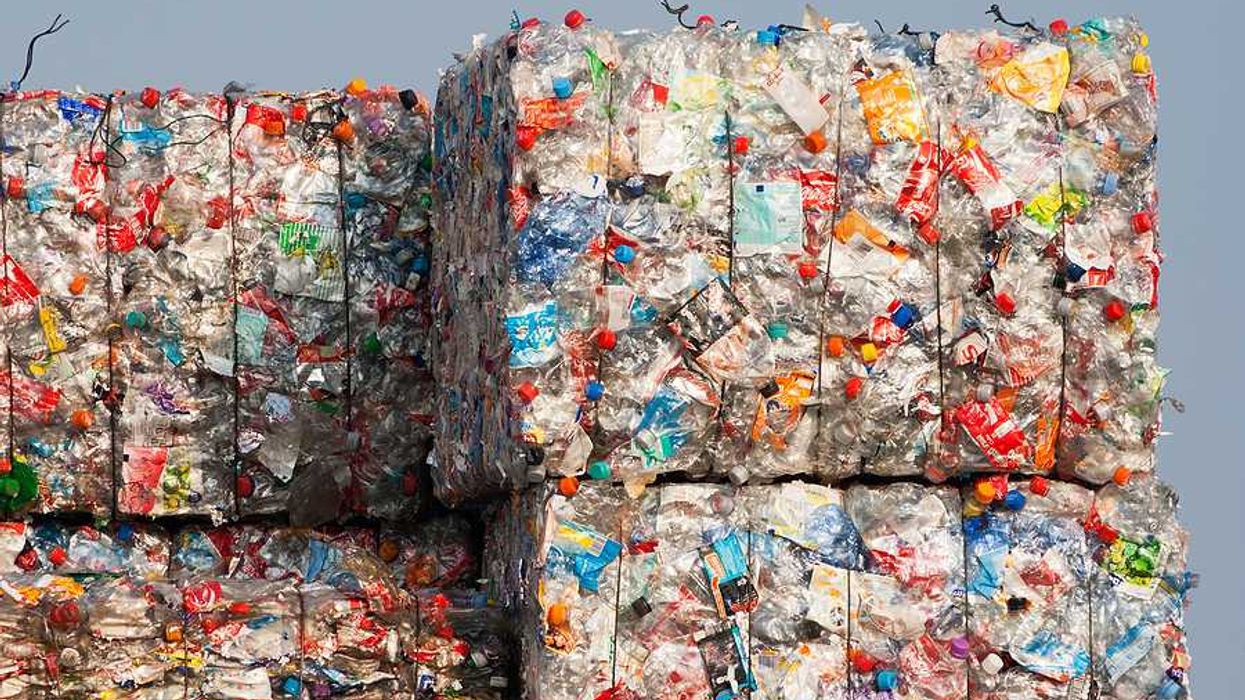Negotiators from 100 nations have agreed to form the United Nations’ first scientific panel on chemicals and pollution, but unresolved questions over governance, funding, and influence threaten its effectiveness.
María Paula Rubiano A. reports for Chemistry World.
In short:
- The newly formed UN panel aims to give policymakers independent scientific advice on chemicals, waste, and pollution, mirroring the role of major climate and biodiversity panels. However, many operational and governance details remain undecided.
- Some countries, including the US and Russia, worked to limit the panel’s scope by avoiding topics like soil contamination and human rights, while others rejected acknowledging gendered impacts of pollution.
- Critics warn that excluding non-governmental experts from decision-making could narrow the panel’s focus and undermine its ability to address pollution’s real-world effects across diverse communities.
Why this matters:
Chemical pollution is a global crisis. Every day, people are exposed to toxic substances through air, water, soil, and consumer products. From PFAS in drinking water to endocrine disruptors in plastics, chemicals are linked to health problems like cancer, infertility, and neurodevelopmental harm, as well as biodiversity loss. Yet the international system for monitoring and regulating these threats remains fragmented. A global scientific panel could help set common standards, guide national policies, and close data gaps, but only if it remains independent and inclusive.
Related: Opinion: Scientists stand ready to lead on chemical pollution — but will governments follow?
















